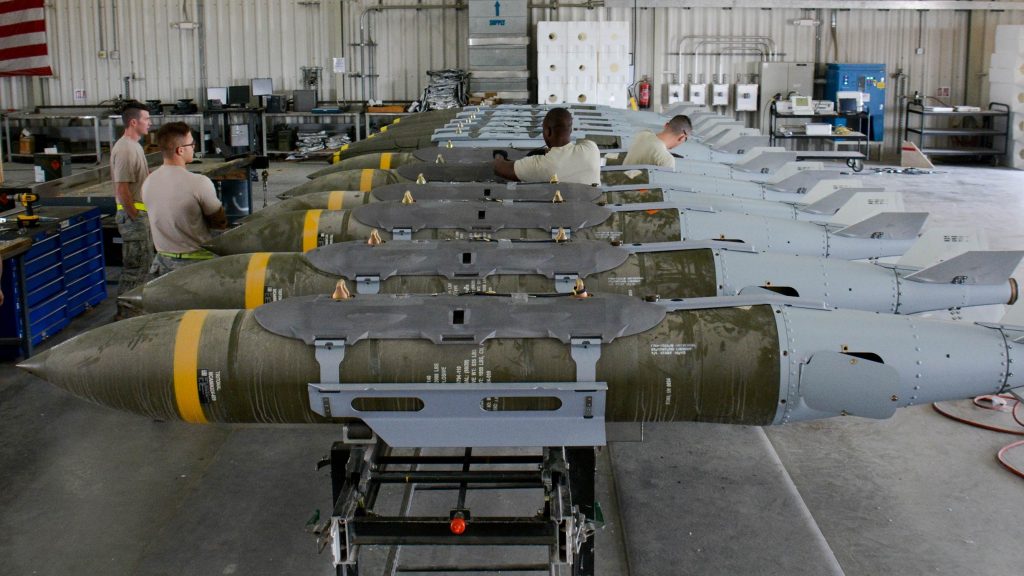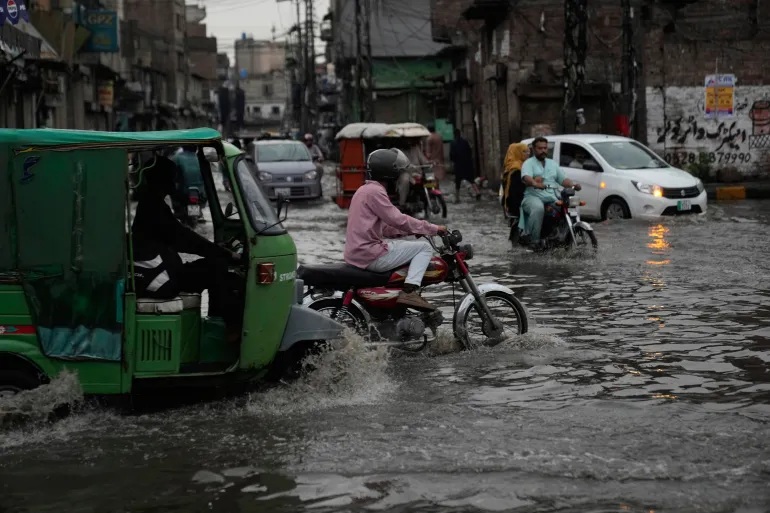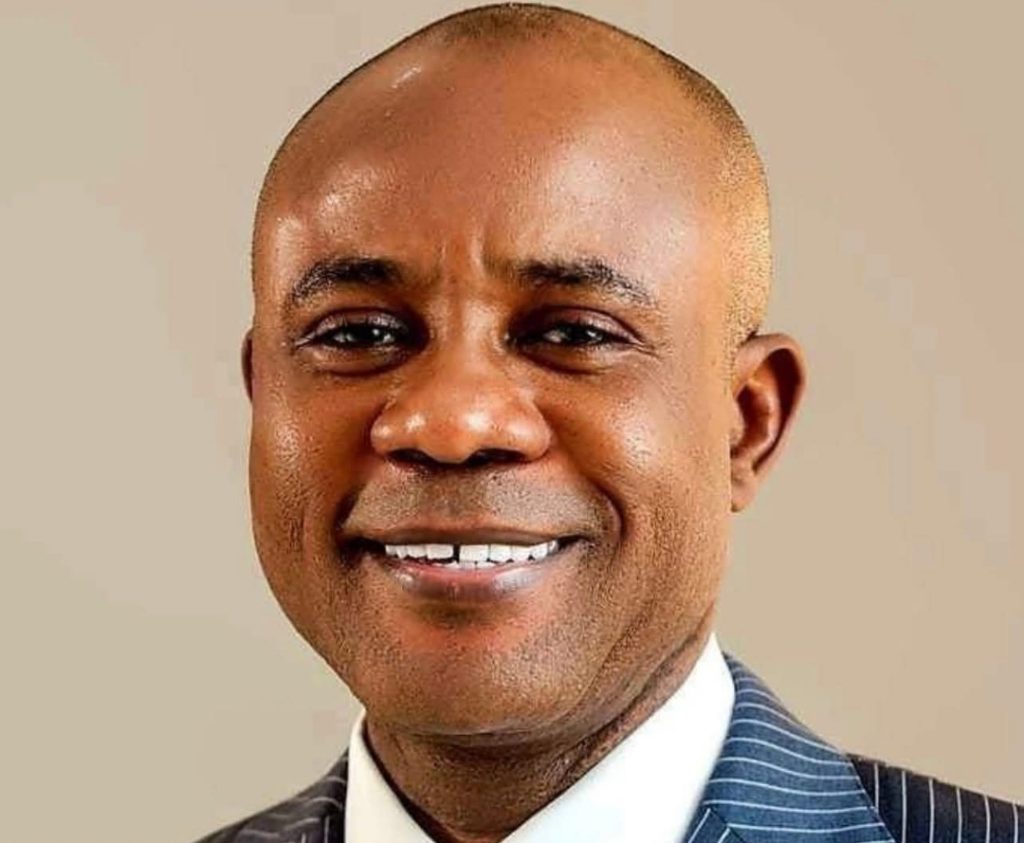News
China Invests Heavily in Electric Vehicles Production In Morocco

Morocco has become a crucial hub for Chinese firms seeking to capitalize on the lucrative US electric vehicle (EV) market.
Following the passage of the Inflation Reduction Act in the United States, which offers subsidies to encourage domestic EV production, Chinese manufacturers have been investing heavily in Morocco to circumvent the rules and tap into the US market.
At least eight Chinese battery makers have announced new investments in Morocco since the law was signed, according to an Associated Press tally. The investments are aimed at producing EV parts that may qualify for $7,500 credits to car buyers in the United States. Similar investments have been announced in other countries with free trade agreements with the US, such as South Korea and Mexico, but Morocco has seen the most significant influx of Chinese investment.
The Chinese firms are seeking to exploit Morocco’s strategic location and trade agreements with the US and Europe to establish a foothold in the global EV market. By setting up operations in Morocco, they can comply with the US rules while still benefiting from the subsidies. The investments are expected to create thousands of jobs and generate significant revenue for the Moroccan economy.
The move is seen as a clever strategy by Chinese firms to maintain their dominance in the EV supply chain, which has been threatened by the US tariffs and subsidies. The US has imposed major new tariffs on Chinese vehicle imports since May, and the eligibility rules governing the tax credits limit companies with ties to US adversaries.
Morocco, with its large agrarian economy and median income of $2,150 a month, may seem an unlikely beneficiary of the global EV race. However, the country has emerged as a significant player in the automotive industry, with giant industrial parks full of American, European, and Chinese component makers springing up in the rural outskirts of Tangiers, Kenitra, and El Jadida.
The Moroccan government has actively fostered ties with both Eastern and Western countries, hosting over 250 companies that manufacture cars or their components. The industry exports almost $14 billion in cars and parts annually, making Morocco a crucial link in the global automotive supply chain.
While the investments are expected to bring significant benefits to Morocco, officials are concerned that anti-competitive policies like tariffs and subsidies could ultimately make it more difficult to lure investment. As the world transitions to electric vehicles, Morocco’s ability to coexist with both China and the US will be crucial in determining its future in the global EV market.
For Diaspora Digital Media Updates click on Whatsapp, or Telegram. For eyewitness accounts/ reports/ articles, write to: citizenreports@diasporadigitalmedia.com. Follow us on X (Fomerly Twitter) or Facebook










